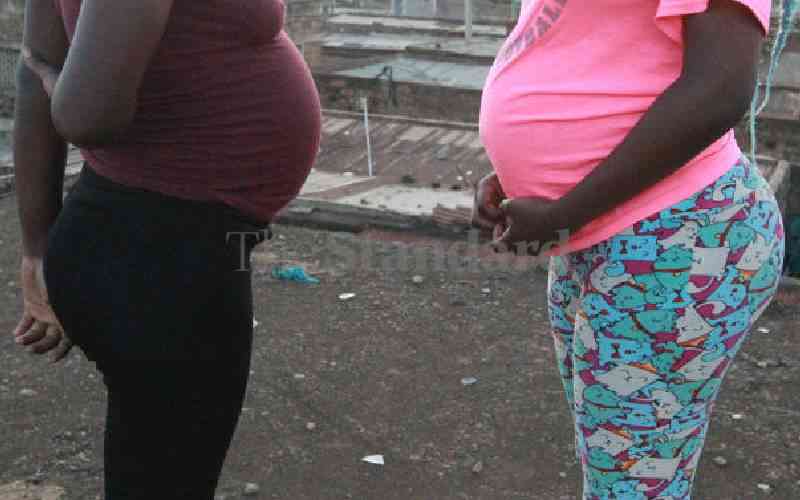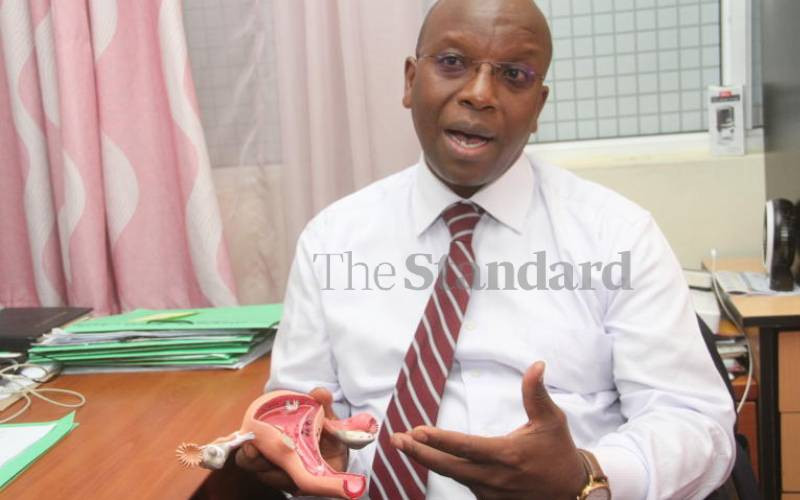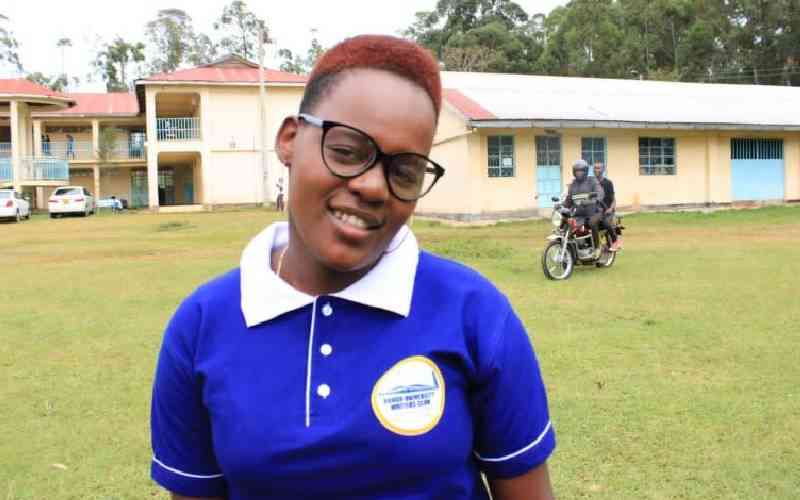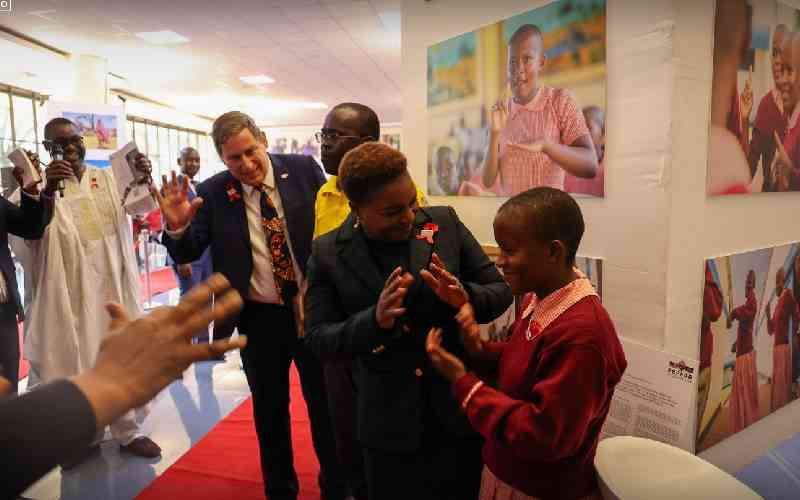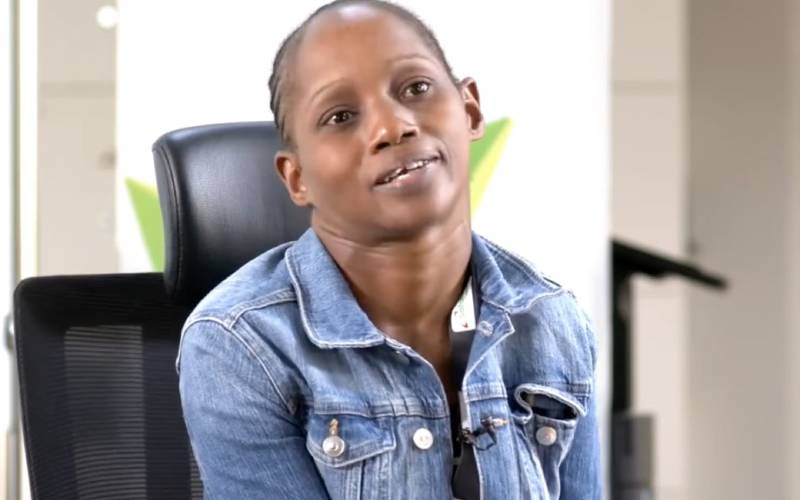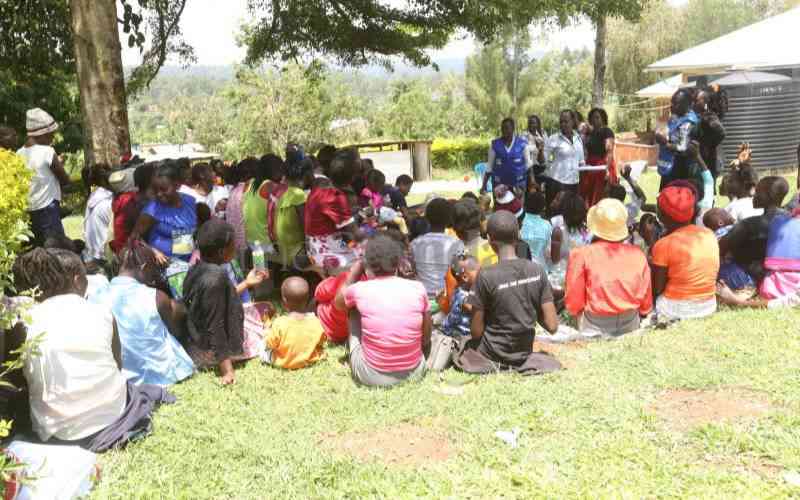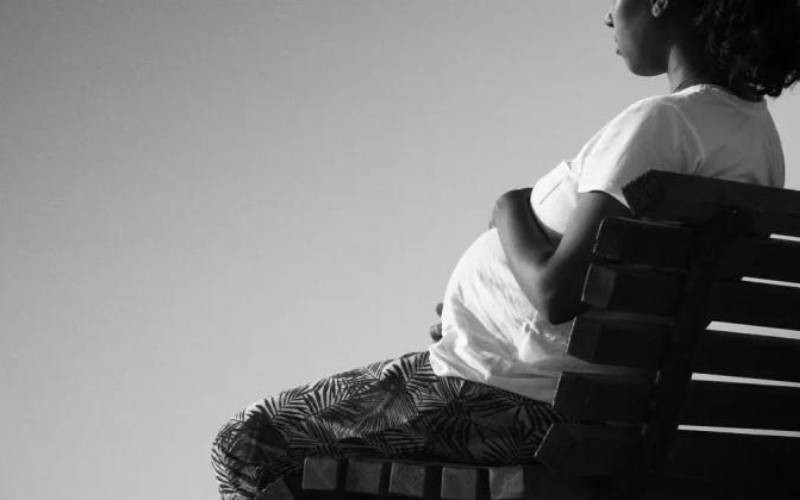
Health service providers have been asked to use social media platforms to share sexual and reproductive health to easily communicate with adolescents and young adults.
Experts have noted that young people relate more to social media as compared to mainstream media.
The changes in viewer attitudes according to the experts call for stakeholders to rethink the way SRHR dissemination is conducted.
Boemo Sekgoma, Secretary General Southern African Development Community (SADAC) Parliamentary Portfolio said Facebook, snippets and Instagram are examples of social media platforms that can be of help in disseminating information to young people.
"It has been noted that viewers are more inclined to watch news snippets (TikTok) on social media than through Television broadcast," said Sekgoma.
Sekgoma was speaking during an ongoing SRHR regional summit, in Johannesburg, South Africa.
Sekgoma added social media can also enhance responses from young adults on services they need.
- Old wives' tales for predicting a baby's gender: Myth or reality?
- Kenya should consider withdrawing from Geneva Consensus Declaration that restricts abortion
- Health survey points to disconnect with economic thinking of the day
- How gum disease in pregnant women can lead to preterm births
Keep Reading
Unlike mainstream media, social media has an instant response, and reaction, which she said can be a tool in improving sexual health services.
"The media can be a powerful tool, and stakeholders involved in SRHR reform need to reflect on how best to use mediatic tools to engage citizens," said Sekgoma.
Further, she said convenient to share several topics in mainstream media, as compared to some.
An example of topics easily shared on mainstream media includes sex education.
However, topics such as safe abortions, early and unintended pregnancies, and the elimination of child marriage are rarely discussed on mainstream media.
"Each stakeholder would thus need to devise their respective fields and there is no one-size fits all formula," said the official.
The experts reiterated that a larger percentage of the African population is made of youth, a cluster which misses out on sexual reproductive health services, yet highly affected.
"There is a constant need to involve the youth in brainstorming exercises for SRHR reforms," she added.
Richard Delate, Programme Specialist Sexual Reproductive Health and Rights, UNFPA East and Southern Africa region, added that states should set up child-friendly centres to serve young adults.
Other barriers affecting access to sexual reproductive health in young adults are legal and social media stigma.
"Young people feel uncomfortable going to the same clinics with their mothers, aunties, and everyone else. Social barrier is the biggest challenge we are facing in access to care among young people across the region," said Delate.
Helana Vikstrom, Swedish International Development Cooperation Agency (SIDA) regional representative said SRHR is fundamental to health and well-being, gender equality, democracy, peace and security, and sustainable development.
She explained that SRHR is grounded in the right and the ability of all individuals to decide over their bodies and live healthy and productive lives.
However, she regretted that access to SRHR is not equitable and the level of access to these rights and their related services is determined by patriarchal systems, socio-economic status and underlying inequalities.
"Gender, sexuality, race, ethnicity and education level are some of the issues affecting access to sexual health services across the continent," said Vikstrom.
Vikstrom said although regional SRHR commitments are ambitious, national implementation has often been poor due to a lack of knowledge and political engagement.
It is also widespread and increasing resistance to SRHR in the region, as well as globally.
Also, discriminatory and stigmatizing legislation, norms and practices, concerning LGBTIQ+ persons, youth sexuality, GBV, sex education and abortion form great barriers to equal access to SRHR.
Other issues affecting access to sexual reproductive health services are adverse effects of climate change and poverty.
The Covid-19 pandemic also affected service delivery, where individuals were not able to access hospitals as they were feared to be the epicentre for the disease.
The summit has brought together more than 150 delegates from 18 countries in East and Southern Africa to discuss ways of creating dialogue around strengthening SRHR.
 The Standard Group Plc is a multi-media organization with investments in media platforms spanning newspaper print
operations, television, radio broadcasting, digital and online services. The Standard Group is recognized as a
leading multi-media house in Kenya with a key influence in matters of national and international interest.
The Standard Group Plc is a multi-media organization with investments in media platforms spanning newspaper print
operations, television, radio broadcasting, digital and online services. The Standard Group is recognized as a
leading multi-media house in Kenya with a key influence in matters of national and international interest.

